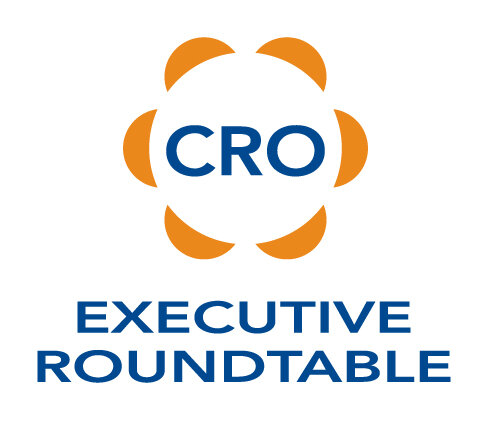There is a vast digital divide between Baby Boomers/Gen X sales leaders and Millennial salespeople. We hear stories about this divide frequently in our RoundTables. So how can you be more effective in handling your younger sales team?
Selling Power offers up an excellent article with 3 suggestions for you to improve your coaching with your sales team. Coaching is a critical piece of any CRO’s responsibilities. The generation gap creates a “digital divide” to use the author’s excellent phrase.
Here is a quick summary of the 3 tips:
Tip #1: Use structure and guidelines.
Many millennials grew up in an environment where their day was carefully plotted and scheduled, with many after-school activities, sports, etc. Their educational system emphasized standardized test scores, resulting in teaching to exams – a process that necessitated instruction in a specific structure and format.For a considerable portion of millennial sales reps, hearing the phrase “figure it out” can be alarming. When your formative years had a built-in structure and clear guidelines, you might naturally find the open waters of uncertainty and vagueness disturbing.
When coaching sales reps of this generation, use structure and guidelines – both in the sales coaching session itself and the skills and accounts being coached to.
Tip #2: Make technology your friend.
To paraphrase Bane from the recent Batman film franchise, millennials were born in technology, molded by it. This extends into the generation’s daily life, where a large portion will look up how to do something via YouTube instructional videos, for example.You, too, can use technology to your coaching advantage with millennials.
Tip #3: Give consistent and frequent feedback.
It’s inaccurate to say millennials have poorer interpersonal communications than previous generations. Rather, the form of communication has changed. Rather than face-to-face, much conversing takes place via text, social media platforms, and other forms of digital communication.In fact, there’s even more communication in the digital, global society than we’ve ever had before – it’s just that less of it occurs face-to-face. Given this increased, real-time discussion, particularly against the background noted in our first point, your millennial sales reps will expect consistent, frequent feedback on their performance.
In regards to the second tip, we use a tool that greatly increases your coaching effectiveness. The software is SkillFitness and it is a mobile, video-based skills mastery platform that transforms how teams perform at a higher level to deliver business outcomes. The software, which runs as an app on your phone, is the perfect bridge between the sales leader and his or her younger sales team.




